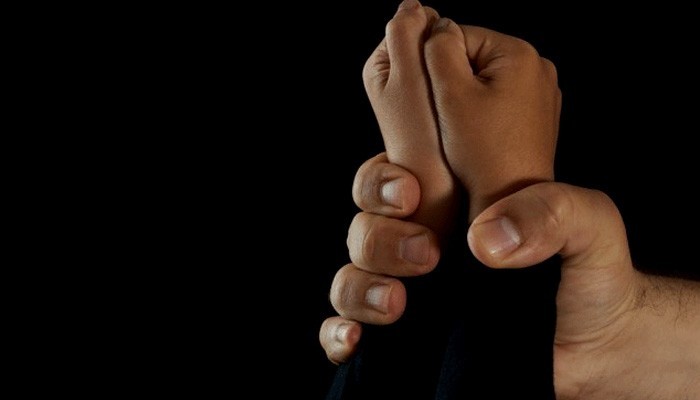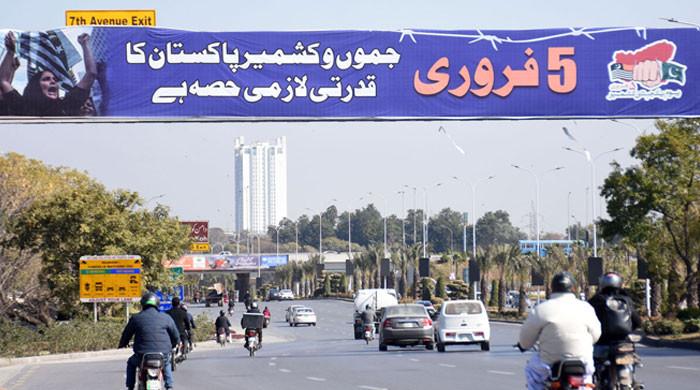SC admonishes KP police for 'incompetence' in Asma rape-murder case
The Supreme Court was hearing its suo motu case in the rape and murder of four-year-old girl, who was found in sugarcane fields two weeks back
January 30, 2018
ISLAMABAD: Chief Justice Saqib Nisar remarked on Tuesday that Khyber Pakhtunkhwa (KP) Police’s failure to arrest the culprit in the rape and murder of minor Asma is reflective of the force's incompetence.
The Supreme Court was hearing its suo motu case in the rape and murder of the four-year-old girl, who was found in sugarcane fields two weeks ago.
The case is being heard by a three-member bench, headed by Chief Justice Nasir and comprising Justices Umar Ata Bandial and Ijazul Ahsan.
Justice Nisar asked why the KP inspector general of police did not appear before the court today, adding that he had heard a lot of the KP Police's 'professionalism'.
He observed further that this is not the first case of its kind in KP as similar cases have occurred in the province.
During the hearing, a deputy inspector general of KP Police informed the Supreme Court that he expects the Punjab Forensic Science Agency to be provided with Asma's forensic report today.
A further probe can be carried out when we have the complete forensic report, he said.
The chief justice then inquired from the official what the KP police have done so far, to which the DIG failed to give a satisfying reply.
The court adjourned the hearing until February 6.
Asma was reported missing from the Gujjar Garhi area in Mardan on January 13, and recovered dead the next day from the nearby sugarcane fields. The murderer remains at large.
The Friday after the incident, the CJP took a suo motu notice of Asma’s murder after DNA test confirmed the child was raped before she was killed.
Dr Ashraf Tahir — the Director-General of the Punjab Forensic Science Agency — said the DNA tests conducted on the samples obtained from the deceased’s body and the crime scene prove that the victim was sexually assaulted before her death.
One person’s DNA was found on Asma’s body confirming the rape, the official added, noting that the next stage in the investigation would be to match the DNA samples taken from around 200 people in the case to track down the suspect.
The police had also submitted its investigation report pertaining to the case to the Supreme Court.













